Rural Sanitization and Hygiene – (Vindhyachal Swachhata Yojana)
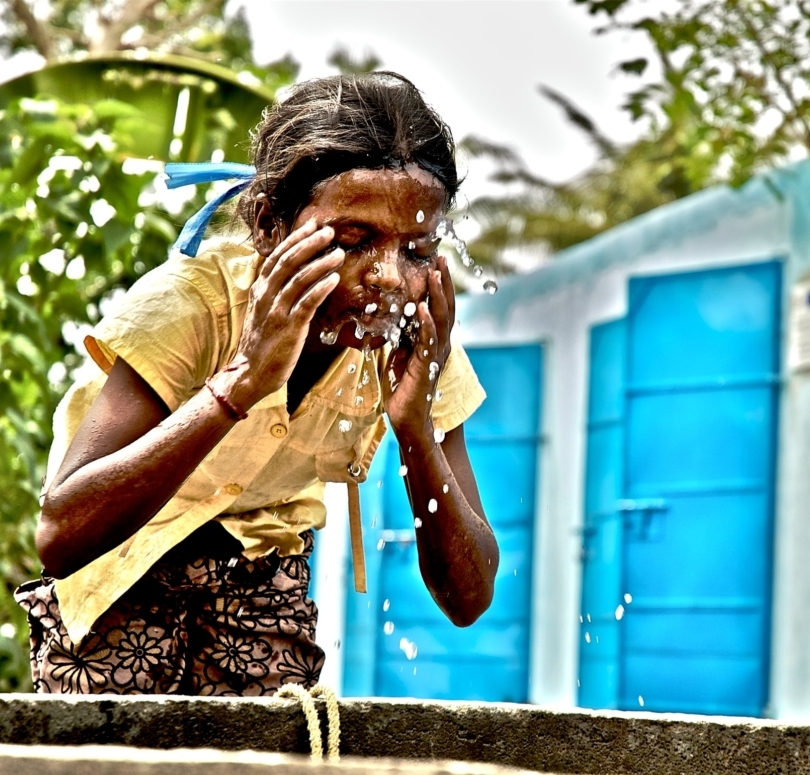

VINDHYACHAL SWACHHTA YOJNA - Association for Water, Sanitation and Hygiene
VINDHYACHAL SWACHHTA YOJANA - Association for Water, Sanitation and Hygiene are formed in each community which would work for the slum improvement/ village improvement. The association is operated with the Animator who are the Peer Educators identified by VSS. The members in the VINDHYACHAL SWACHHTA YOJANA comprising of representatives from Youth groups, Women self-Help Groups, SHE - Teams with the elected representative Councilor/Panchayat President as the Advisor for the VINDHYACHAL SWACHHTA YOJANA . The roles and responsibilities for VINDHYACHAL SWACHHTA YOJANA fixed and monitored by the VINDHYACHAL SEVA SANSTHAN..
Capacity building through exposure visit, training and frequent meetings will enable the VINDHYACHAL SWACHHTA YOJNA members to work for sustainable water and sanitation promotion in the project area which would ultimately ensure community take-over of the project. This new concept will ensure gender equality where men and women equally take up the responsibility of monitoring and sustainability whenever VSS withdraw from the project area as a part of exit strategy. The leaders of the VINDHYACHAL SWACHHTA YOJNA are working as the community change agents in the operational areas of VSS.
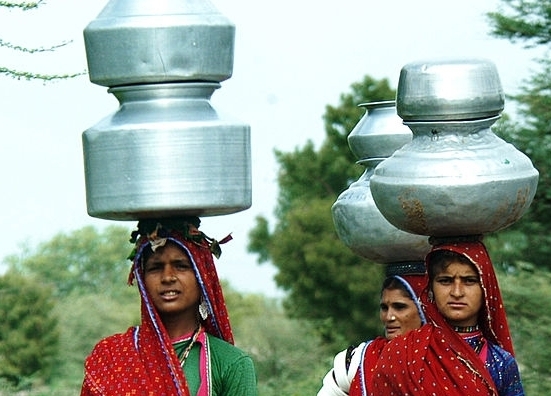

VINDHYACHAL SWACHHTA YOJNA activities would include :
✓ To work as a liaison group between the NGO, local government and the City Corporation.
✓ To work as a watch dog in the community ensuring environmental sanitation in the area.
✓ To work as a monitor for the SHE - Teams and its maintenance works with regard to community managed pay and use toilets.
✓ To work as grievance redress cell at the local-level for ensuring water supply and sanitation facilities in the region.
✓ To work for solid waste disposal and management in the area.
✓ To work for IEC input with regard to water, sanitation, hygiene and environmental sanitation including solid waste management system.
✓ To work as a mediator in bringing MFIs, NGOs/ local government schemes and City Corporation activities for increasing the coverage with regard to household water connections and toilets.
Five pillars of sanitation
Good Hygiene is defined as people having easy access to using and maintaining the following five essentials.
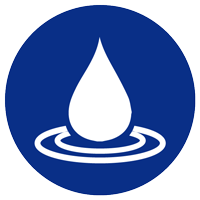
Clean Water
Having access to clean, pathogen & chemical free water for drinking & cooking. Centralized, community level, or household water treatment solutions.
Toilets
Having access to consistently using toilets that are well designed, clean & disabled friendly. Sewage management systems that ensure waste generated.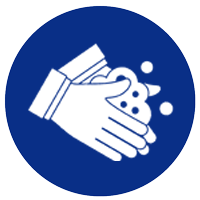
Hand Washing With Soap
Being aware of the need of and consistently washing hands with soap at critical times -before eating, after defecation, & after handling child feces -to avoid ingesting Pathogens.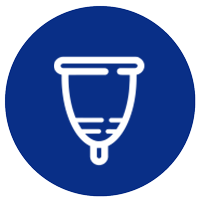
Menstrual Hygiene
Being aware of the need of and consistently using safe menstrual hygiene practices including appropriate products (low cost pads, cloth, cups) and other local solutions.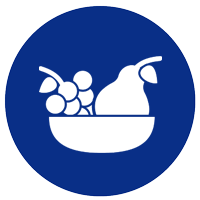
Nutrition
Eating a balanced diet is vital for good health and well being. Food provides our bodies with the energy, protein, essential fats, vitamins & minerals to live, grow & function properly.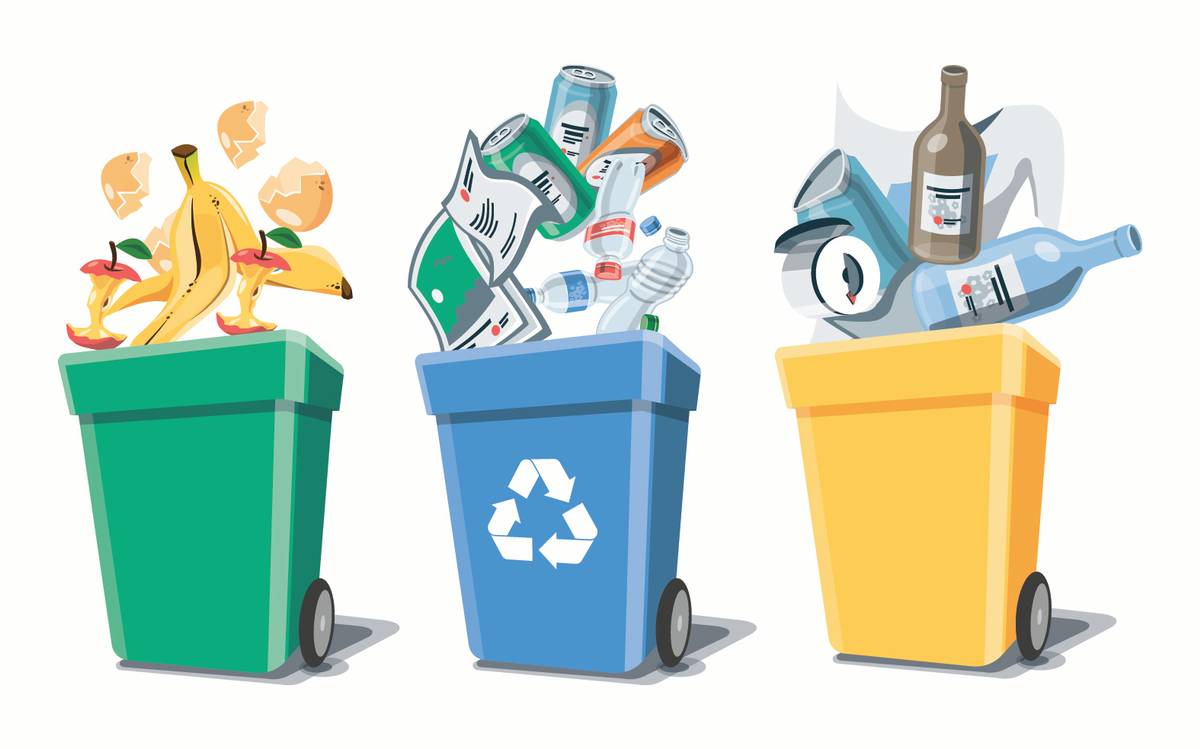

Engagements:
• Clean water for drinking supplied to homes and awareness raised about water conservation.
• Toilets were constructed in villages to prevent open defecation.
• Dustbins placed in homes and villages for dry and wet waste.
• Special facilities provided for women.
• Menstrual needs for women were met.
• Awareness campaigns were conducted about all available services and their usage.

